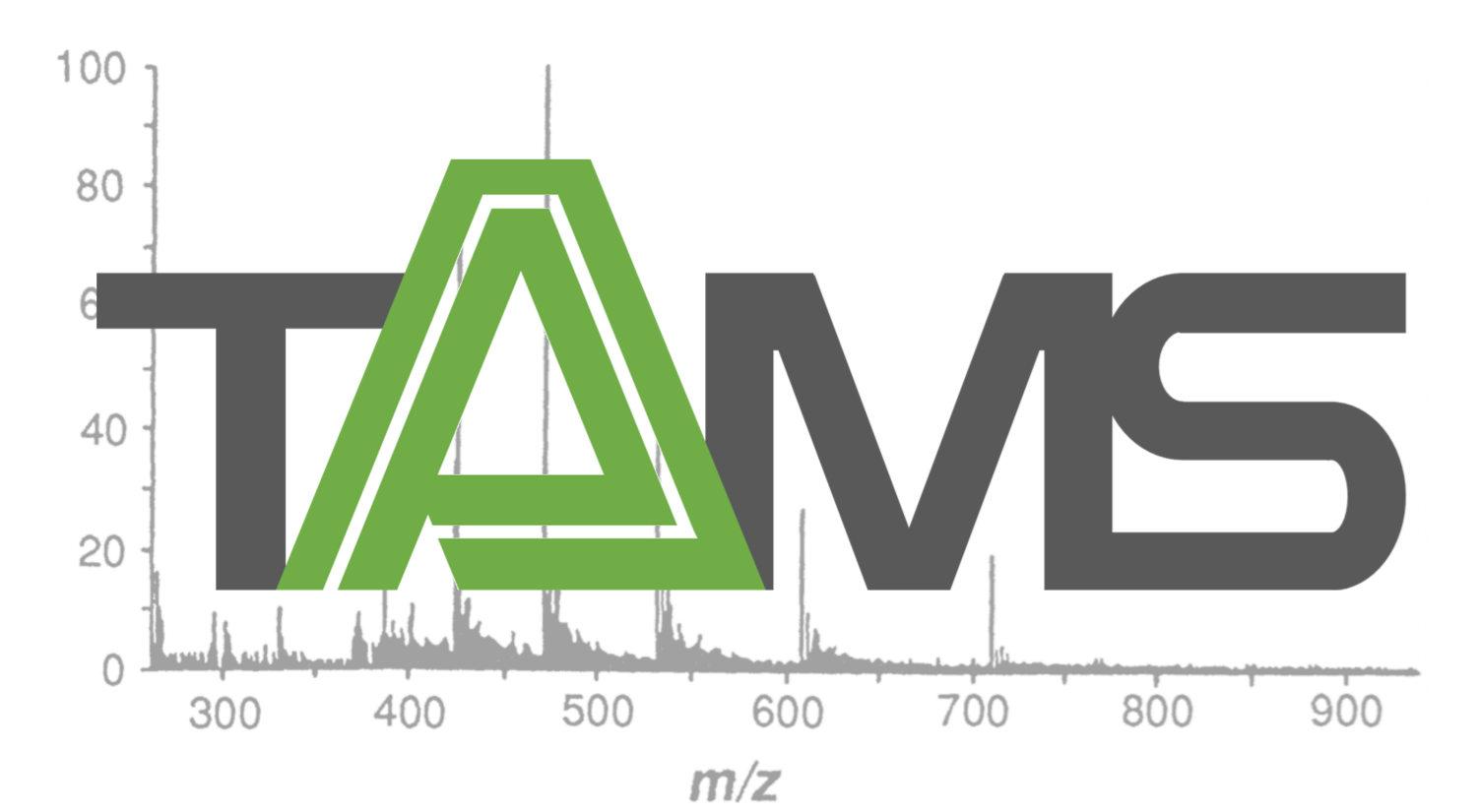Plenary Lecture:
"Underwater Mass Spectrometry for In Situ Analysis of Aquatic Environments"
Dr. Timothy Short, Principal Research Scientist at SRI International
Student Lecture:
"Rapid Quadrupole-Time-of-Flight Mass Spectrometry Method Quantifies Oxygen-rich Lignin Compound in Complex Mixture"
Kelsey Boes, Laboratory of Professor Nelson Vinueza, North Carolina State University, College of Textiles
Complex mixture analysis is a costly and time-consuming task facing researchers with foci as varied as food science and fuel analysis. When faced with the task of quantifying oxygen-rich bio-oil molecules in a complex diesel mixture, we asked whether complex mixtures could be qualitatively and quantitatively analyzed on a single mass spectrometer with mid-range resolving power without the use of lengthy separations. To answer this question, we developed and evaluated a quantitation method that eliminated chromatography steps and expanded the use of quadrupole–time-of-flight mass spectrometry from primarily qualitative to quantitative as well. To account for mixture complexity, the method employed an ionization dopant, targeted tandem mass spectrometry, and an internal standard. This novel combination of three techniques achieved reliable quantitation of oxygen-rich eugenol in diesel from 300–2500 ng/mL with sufficient linearity (R2=0.97±0.01) and excellent accuracy (percent error=0%±5). To understand the limitations of the method, it was compared to quantitation attained on a triple-quadrupole mass spectrometer, the gold standard for quantitation. The triple quadrupole quantified eugenol from 50–2500 ng/mL with stronger linearity (R2=0.996±0.003) and comparable accuracy (percent error=4%±5). This demonstrates that a quadrupole–time-of-flight can be used for not only qualitative analysis but also targeted quantitation of oxygen-rich lignin molecules in a complex mixture without extensive sample preparation. The rapid and cost-effective method presented in this paper offers new possibilities for bio-oil research, including: (1) allowing for bio-oil studies that demand repetitive analysis as process parameters are changed and (2) making this research accessible to more laboratories.
